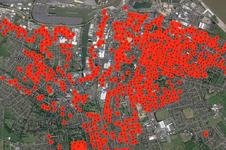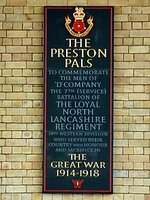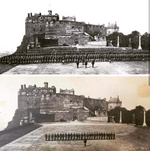- Messages
- 9,364
- Reactions
- 23,650
Howsabout you show us how much you know and tell us instead?Unpleasantness...Yeah i hear that from all the buddies wives..I guess i can mute the video and watch it so as to prevent a headache. I got lots of Weapon/Firearm connected nature i can attach..Like Name a english made firearm that was 100% designed by a Englishman and not a foreigner that was accepted into Military use. Cant be a copy of something made elsewhere.















